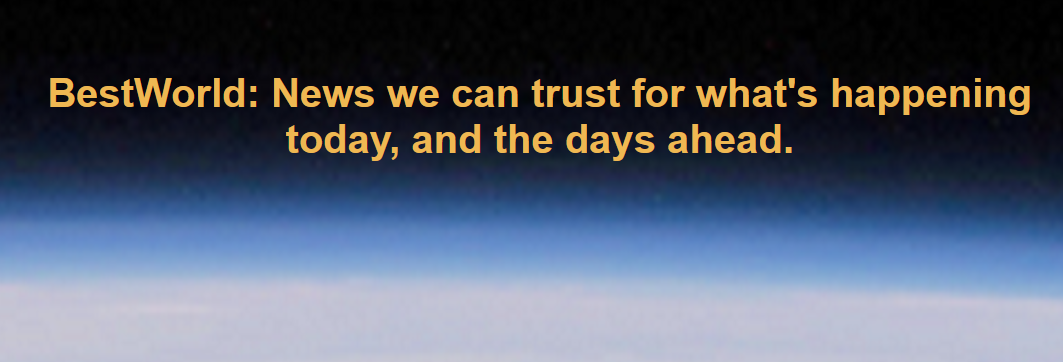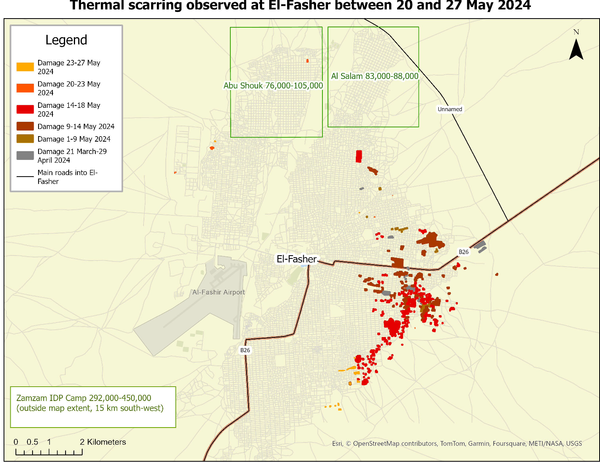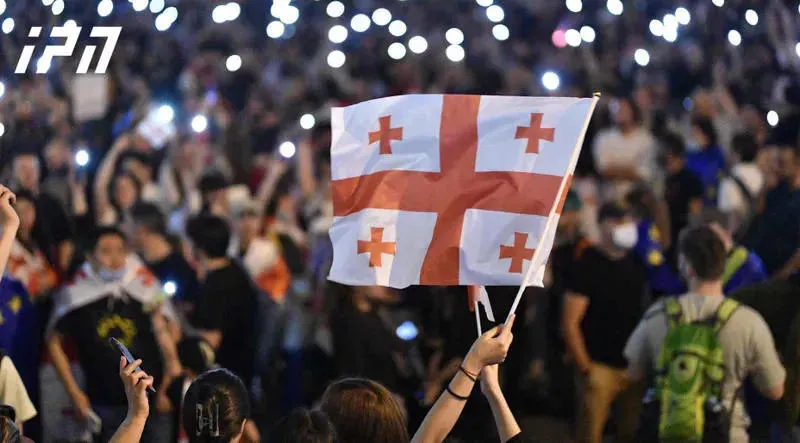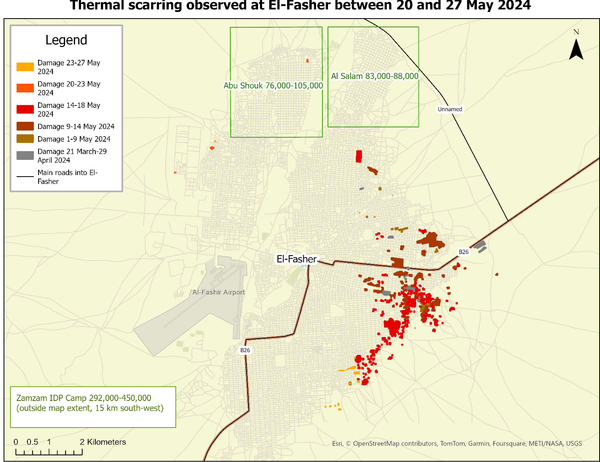Today, a Russian diplomat is negotiating gold mining with the Sudanese Minister of Minerals.

By Jeremy Lichtman
Mikhail Bogdanov, the Special Representative of the Russian President for the Middle East and Africa and Deputy Foreign Minister, and the Sudanese Minister of Minerals, Muhammad Bashir Abu Nomo, are meeting April 28-29 in Port Sudan to discuss the nation’s gold mining industry. Sudan is the 3rd largest producer of gold in Africa, and could increase production if its growing relationship with Russia might end its civil war.
Dateline April 28, 2024 A high-level Russian delegation in Port Sudan discussed with the Sudanese Minister of Minerals, Muhammad Bashir Abu Nomo, economic cooperation, especially in the field of gold prospecting…. [in] a visit that will continue from 28 to 29 of this month.
[Abu Nomo said] “We discussed with the Russian delegation the current political situation in Sudan, in addition to joint cooperation and work to overcome all obstacles facing joint cooperation between the two countries.”…
Bogdanov... said, “We discussed cooperation between the two countries, especially the work of companies between the two countries in various economic fields and how businessmen enter various fields of investment.”
Source: https://www.alrakoba.net/
April 27: UN Security Council concerned over imminent attack in Sudan's North Darfur
The U.N. Security Council on Saturday expressed its "deep concern" over an imminent attack on al-Fashir in Sudan's North Darfur region by the Rapid Support Forces (RSF). War erupted in Sudan one year ago between the Sudanese army and the paramilitary RSF, creating the world's largest displacement crisis. Al-Fashir is the last major city in the vast, western Darfur region not under control of the RSF. The RSF and its allies swept through four other Darfur state capitals last year, and were blamed for a campaign of ethnically driven killings against non-Arab groups and other abuses in West Darfur.
April 26 : UN warns of possible imminent attack on Sudanese city
April 26 (Reuters) - The United Nations is increasingly concerned about a possible imminent attack on al-Fashir in Sudan's North Dafur region and is seeking to reduce tensions in the area, a U.N. spokesperson said on Friday. War erupted in Sudan one year ago between the Sudanese army (SAF) and paramilitary Rapid Support Forces (RSF), creating the world's largest displacement crisis. Al-Fashir is the last major city in the vast, western Darfur region not under control of the RSF. The RSF and its allies swept through four other Darfur state capitals last year, and were blamed for a campaign of ethnically driven killings against non-Arab groups and other abuses in West Darfur.
Analysis of the situation in Sudan, by Jeremy Lichtman:
It’s not just about the gold mines. The reason why Russia is interested in Sudan is to build a naval base. This is probably about protecting their trade with China through the Red Sea / Mediterranean / Black Sea route. Their plans are apparently on hold though, due to the civil war. It's possible that Russia will work to reduce hostilities in Sudan as a result.
However, prospects for a lasting peace are dim. People have been battling each other pretty much continually in Sudan for at least 13,000 years (See: https://en.wikipedia.org/wiki/).
• This is the third civil war (depending on how you count) since independence in the 50s. There have been few years in that time that have not seen war in that region.
• Major complicating factor is that this is (at least a) four-way conflict (See: https://en.wikipedia.org/wiki/). In addition to the official government military and the Janjaweed, there are two other separatist factions. All are at war with each other. That's ignoring the Darfur separatist conflict, which has been (mostly) on hold since 2020, although there have been some clashes recently. Darfur has been badly affected by the current civil war, but the combat has largely been between the major combatant parties.
• This is a battle between military and paramilitary groups for power and territory. Doesn't seem to be any specific principles at play.
• It's much less newsworthy since South Sudan split off in 2011. That was a largely religious / racial / tribal conflict, and it consequently generated more outside news interest. Of note: since South Sudan split off, it has been in a constant state of low-level civil war as well!
• Journalistic work is complicated by both of the major combatant parties intentionally targeting journalists (note that all parties deny intentional targeting, but there have been many casualties).
• These two countries are among the poorest in the world. There's a bit of oil, but declining reserves. Very little outside economic interest, aside from China buying oil.
• A host of outside countries are either engaged in diplomacy or are actively supporting (different) combatants. These include: Egypt (as a neighboring country, and one that has significant history in the area), UAE, various groups from Libya, Russia (via the Wagner Group), Chad (badly effected by the refugee crisis), Kenya, Ukraine (in opposition to the Wagner Group), Iran etc.
• To understand scope - Sudan has a population around 40 million people. South Sudan is smaller (maybe 10 or 11 million). In land mass, the pre-split country was the largest in Africa. Sudan is still the 3rd largest country in Africa. The current conflict has caused approximately 8.5 million people to seek refuge elsewhere (both surrounding countries and internal displacement). 3 million of those refugees are kids. Total death toll is unknown. Low-end estimates are at least 15,000 casualties, but everyone seems to agree that there's no good way to count. I'm not clear on what percentage of the population is at heightened risk of famine, but it's clearly large. Famine has always been a present threat in this area, and conflict inevitably exacerbates that.




